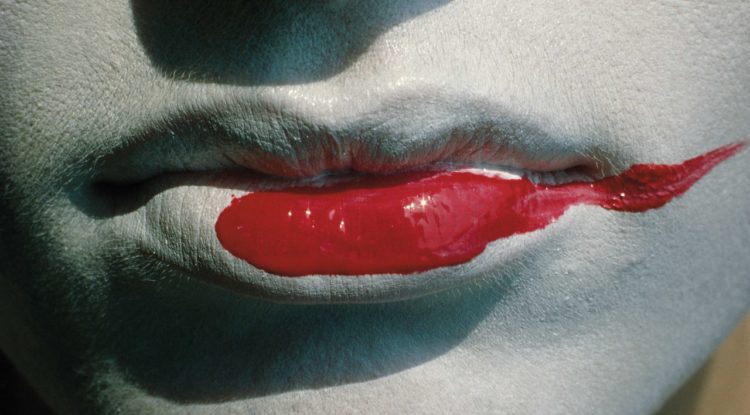
Doing away with Okay in Writing (and Life)
I cracked the psychology of a character in my forthcoming novella Clickbait today. This guy, Bryan, has been just kind of sitting there, nestled in between the book’s other 5 characters, being a bit of a bore. He wasn’t really on my radar because his story just kind of fit with everything else without being too disruptive. I didn’t love his part, but the others were hammered out long ago so I didn’t think it mattered.
He starts off as a point of intrigue. He’s been away in Ireland with his family for the summer, and when he returns, for no clear reason, he starts actively avoiding all of his old friends. In fact, his evasiveness in some ways sets the entire plot in motion. However, in the draft I’d written, as we discovered Bryan’s motives, they ended up being kind of normal — a mix between plain old heartbreak and depression.
What struck me, though, on rereading the manuscript for one final big revision, was that there was a 10-page dead zone in the middle of the narrative, and that couldn’t stay. I was bored reading it, and I can only imagine how quickly a more fickle, less invested reader would end up putting down the book never to revisit. In a curious way, I felt like the book itself was getting trapped in its head, just like Bryan, who was indecisive to the point of paralysis. Ideas weren’t tied to actions. Things were getting glossed over through internal monologue rather than dramatized through good storytelling.
It’s hard letting go of something that’s easy but not working. It’s hard in life, and it’s hard in writing. What occurred to me with Bryan was that he had to take a bigger leap of faith to grow. Before, his growth was too safe — he just kind of decided one day to make a change. In all honesty, that small of a turning point wouldn’t be nearly enough to shake off depression, and so it was always going to be not only flat but false.
What’s interesting — and it’s the reason I decided to write this post — was that, in truth, I discovered I needed to stop being so indecisive about the way I was writing Bryan. I needed to take out the pen and X out huge chunks of his narrative to revamp them and get a little nasty. I needed to have him take a plunge of the same magnitude that I as a writer needed to be taking.
Now, again without revealing too much, he’s in for it.
It’s scary taking the axe to something that feels fairly complete, but it can make all the difference. Sometimes exploring what seems like a minor issue ends up revealing a major flaw. Sometimes a dead zone ends up being the best place to locate untold energies and release them into the world.
And, like any good lovelorn teenager, sometimes you gotta feel the sting to really grow.
 Ryan Melsom has a PhD in literary studies and has spent over twenty years working in communications, design, and writing. His second book Spendshift: 100 Lazy Hacks to Rock Your Finances is now on Amazon. For more by Ryan, follow him on Twitter @lintropy, or subscribe to his Facebook page.
Ryan Melsom has a PhD in literary studies and has spent over twenty years working in communications, design, and writing. His second book Spendshift: 100 Lazy Hacks to Rock Your Finances is now on Amazon. For more by Ryan, follow him on Twitter @lintropy, or subscribe to his Facebook page.








































Leave a Reply
You must be logged in to post a comment.